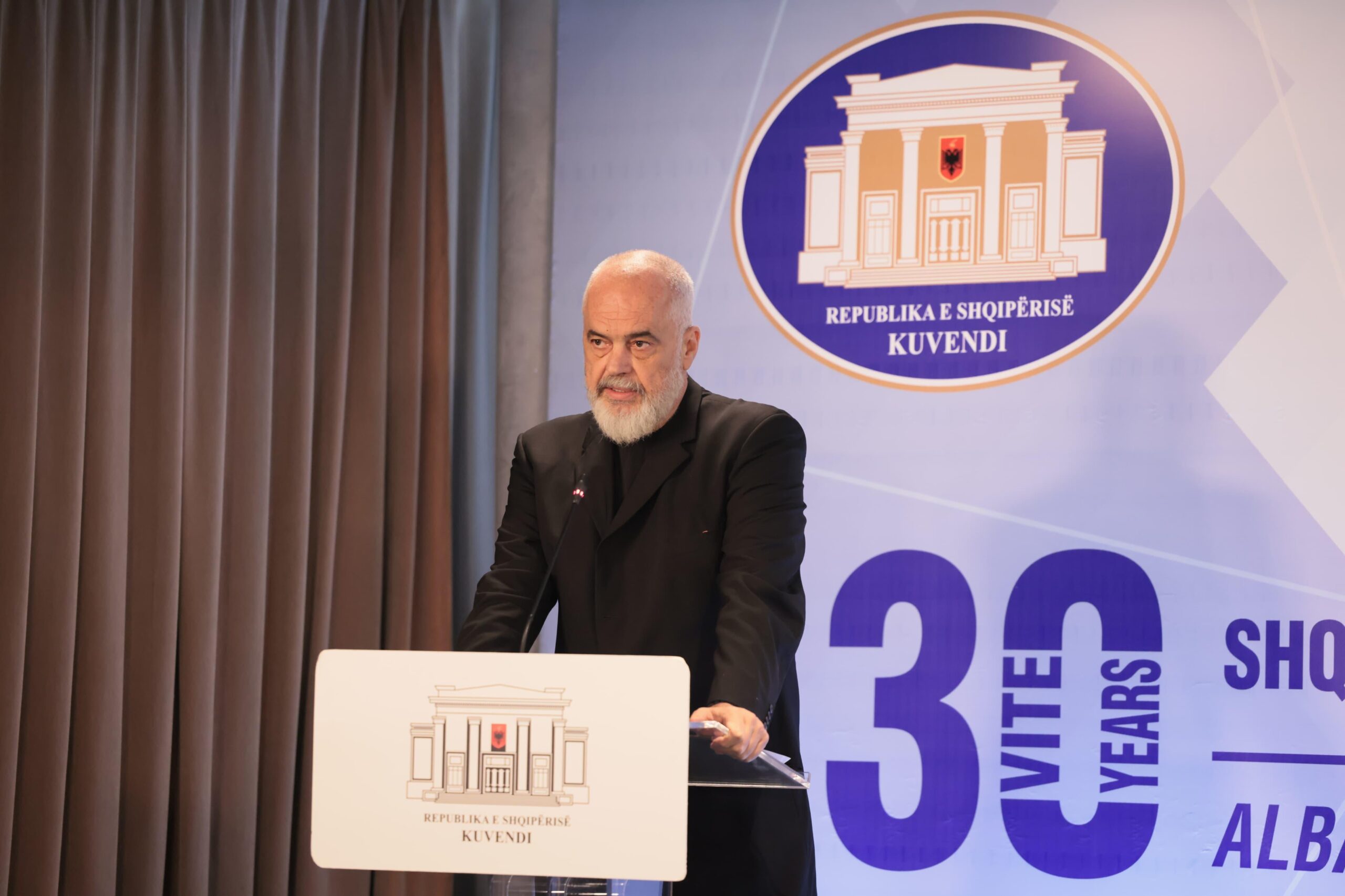Albania marks 30 years of partnership with the Council of Europe and the Venice Commission

Albania celebrated 30 years of partnership with the Council of Europe and the Venice Commission in a conference attended by senior officials, including the honorary president of the Venice Commission, Gianni Buquicchio, and its current president, Hana Suchocka.
Why is this important: Over three decades, Albanian lawmakers have turned to the Venice Commission for opinions on key constitutional and legal issues — from the first efforts to draft a new Constitution in 1993 to recent cases such as that of the former foreign minister where the Commission was asked to weigh the balance between parliamentary independence and Constitutional Court rulings. Although the Commission’s opinions are advisory, they have been crucial in shaping Albania’s constitutional and institutional development.
Context: Opening the conference, Prime Minister Edi Rama praised the Commission’s “decisive contribution” to Albania’s major legal reforms, particularly the Electoral Code and the judicial reform, highlighting the vetting law for judges and prosecutors as one of its landmark contributions.
Parliament Speaker Niko Peleshi reaffirmed that cooperation with the Venice Commission will continue, especially in the upcoming electoral reform — a message welcomed by Gianni Buquicchio, who emphasized that “rules of the game must never change according to the players’ wishes.”
Constitutional Court Chairperson Holta Zaçaj, who herself requested a Venice Commission opinion last December regarding her mandate, underlined that such opinions should not be used to contest the authority of the Court’s rulings. “Justice must be not only fair, but also constitutional,” she said.
President Hana Suchocka praised Albania’s justice reform as “one of the most challenging in Europe,” noting the importance of new safeguards for judicial autonomy and the fight against corruption through the vetting process.
However, the conference also reflected ongoing tensions in Albania’s political and judicial climate. Representatives of the main parliamentary parties exchanged accusations over government interference in the courts, while Supreme Court Chairman Sokol Sadushi warned that “the justice reform has slowed down due to waning political will” and that attacks against judges are undermining public confidence in the judiciary.


